Perspectives
Expert opinions on trends and controversies in neuroscience
Neuroscience needs a research-video archive
Video data are enormously useful and growing rapidly, but the field lacks a searchable, shareable way to store them.
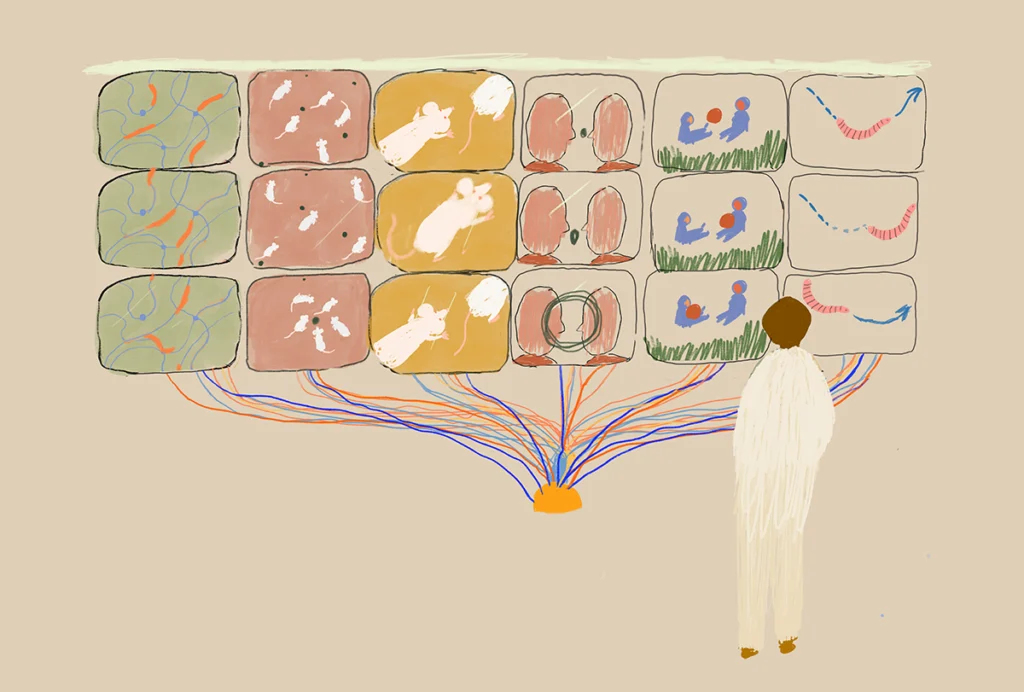
Neuroscience needs a research-video archive
How to explore your scientific values and develop a vision for your field
As a new professor, I was caught off guard by one part of the job: my role as an evaluator.

How to explore your scientific values and develop a vision for your field
Crowdsourcing to curb aggression in autism: Q&A with Matthew Goodwin
To accelerate the development of real-time behavioral prediction technology, a research team is sharing data and seeking new collaborators.
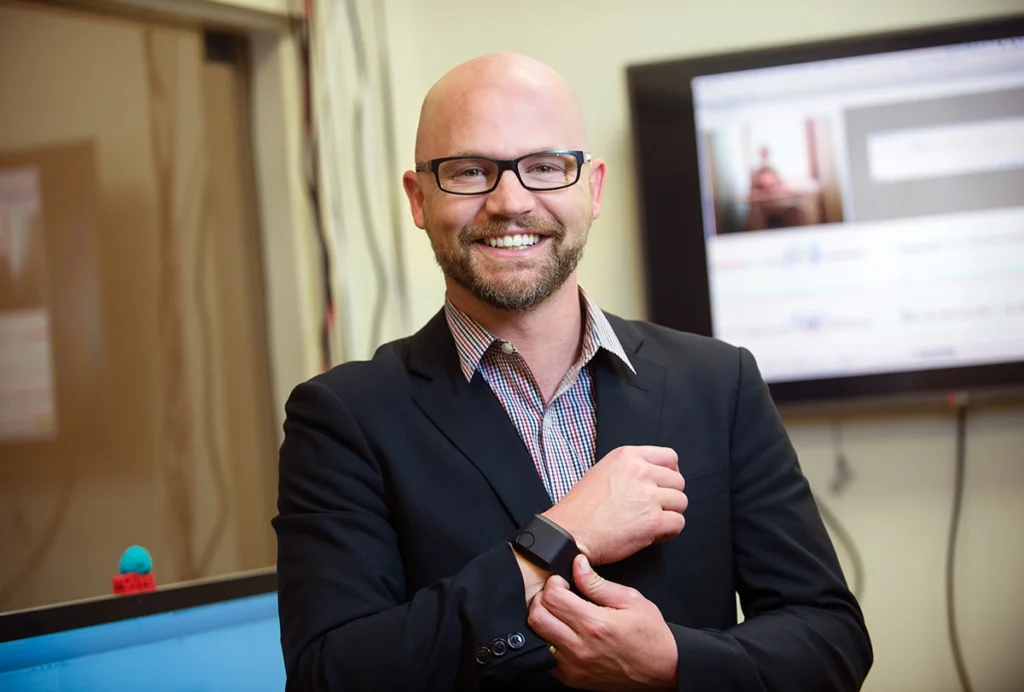
Crowdsourcing to curb aggression in autism: Q&A with Matthew Goodwin
Where do cell states end and cell types begin?
High-throughput transcriptomics offers powerful new methods for defining different types of brain cells. But we need to think more explicitly about how we use these data to distinguish a cell’s permanent identity from its transient states.
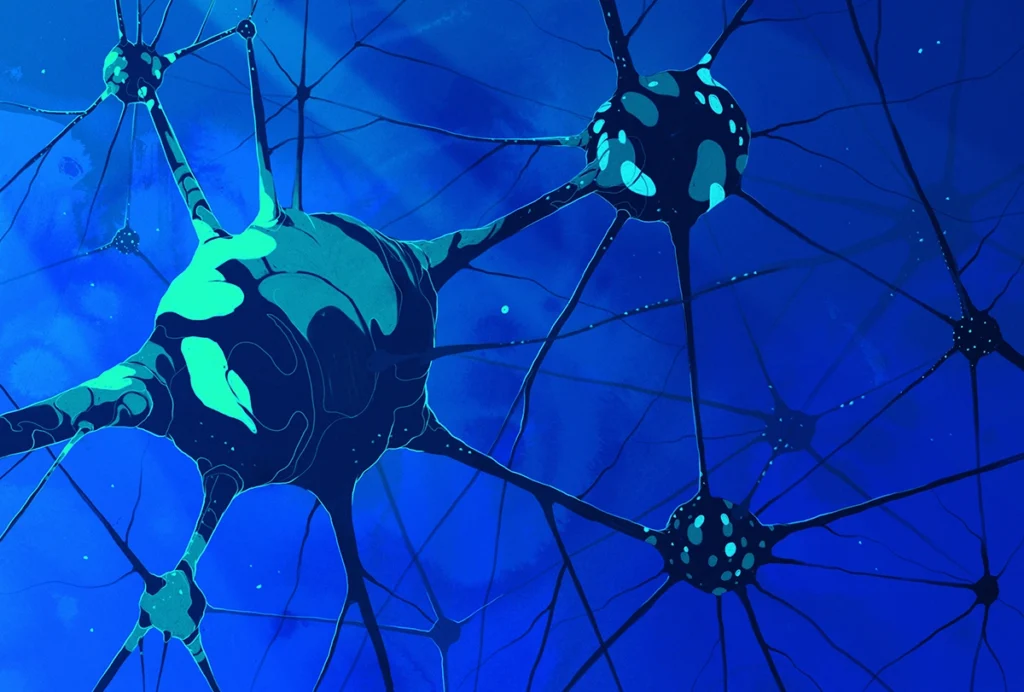
Where do cell states end and cell types begin?
To improve big data, we need small-scale human imaging studies
By insisting that every brain-behavior association study include hundreds or even thousands of participants, we risk stifling innovation. Smaller studies are essential to test new scanning paradigms.
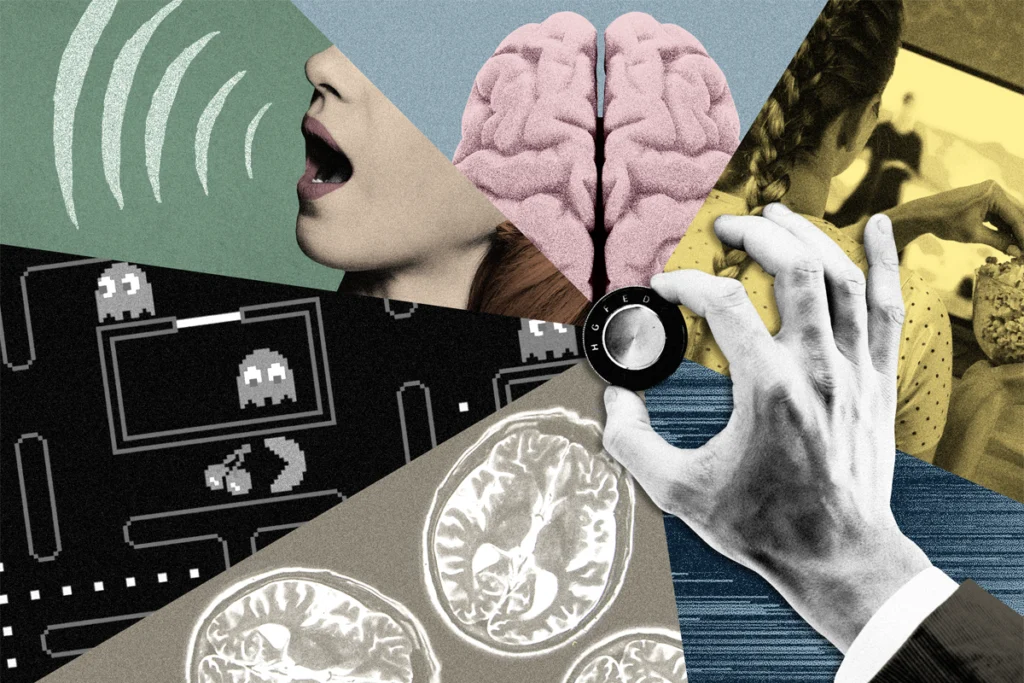
To improve big data, we need small-scale human imaging studies
What, if anything, makes mood fundamentally different from memory?
To better understand mood disorders—and to develop more effective treatments—should we target the brain, the mind, the environment or all three?
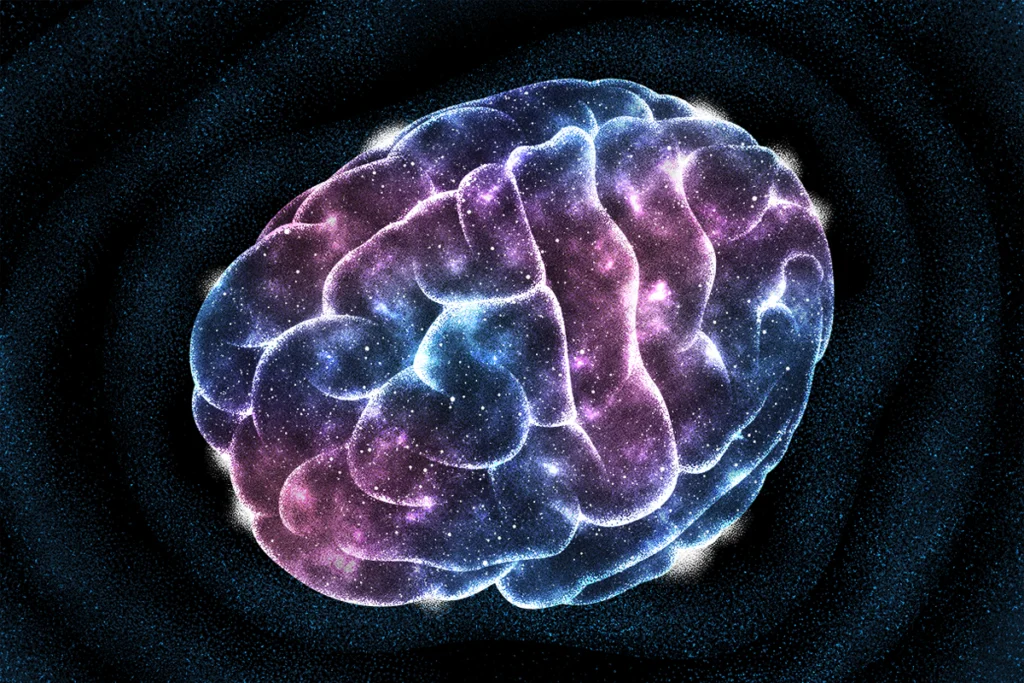
What, if anything, makes mood fundamentally different from memory?
Boost your writing with AI personas
Asking ChatGPT to review your own grant proposals can help you spot weaknesses.
Unleashing the power of DIY innovation in behavioral neuroscience
Widespread adoption of open-source tools calls for more support and training.
Unleashing the power of DIY innovation in behavioral neuroscience
Breaking down the winner’s curse: Lessons from brain-wide association studies
We found an issue with a specific type of brain imaging study and tried to share it with the field. Then the backlash began.
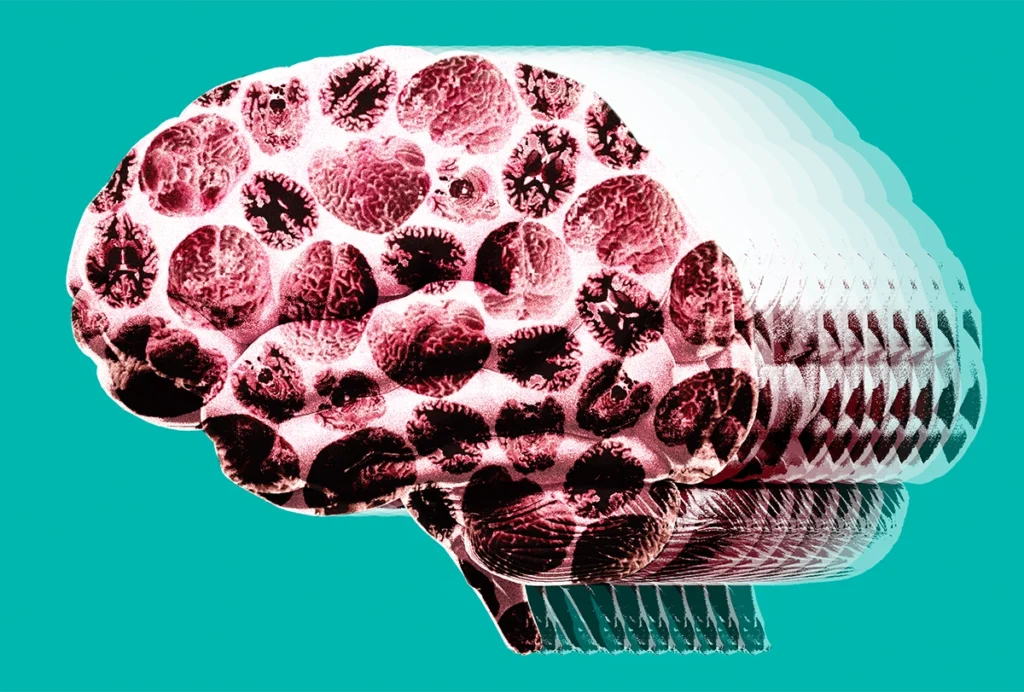
Breaking down the winner’s curse: Lessons from brain-wide association studies
Building a brain: How does it generate its exquisite diversity of cells?
High-throughput technologies have revealed new insights into how the brain develops. But a truly comprehensive map of neurodevelopment requires further advances.

Building a brain: How does it generate its exquisite diversity of cells?
Explore more from The Transmitter
Inclusivity committee disbands in protest at Canadian neuroscience institute
The majority of an 11-person committee resigned from the group this week following news that a staff position overseeing equity, diversity and inclusion would not be renewed.
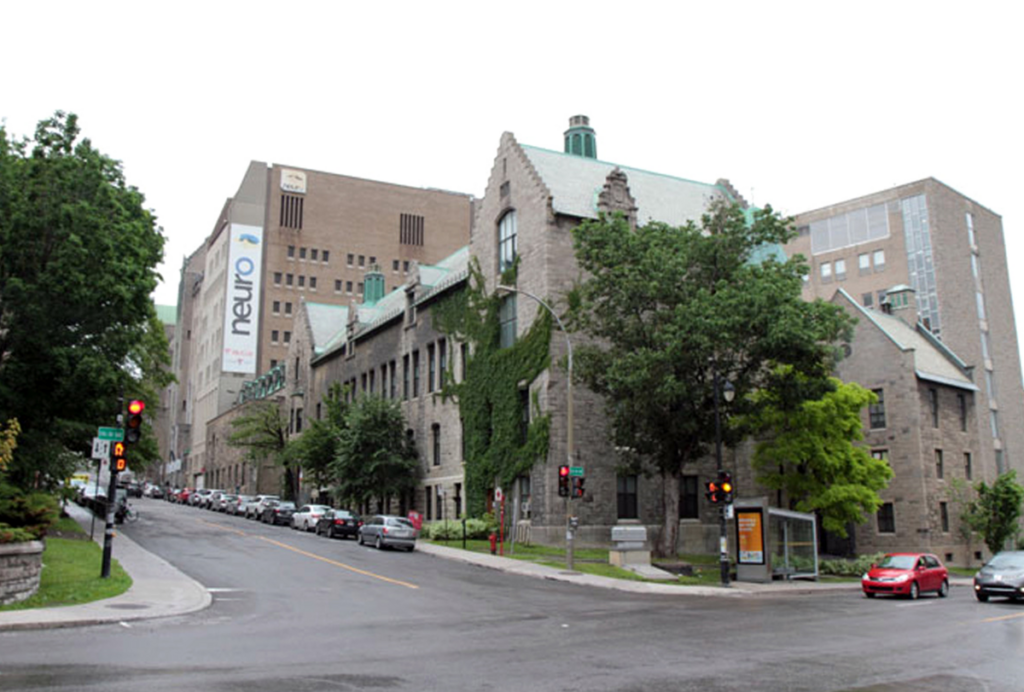
Inclusivity committee disbands in protest at Canadian neuroscience institute
The majority of an 11-person committee resigned from the group this week following news that a staff position overseeing equity, diversity and inclusion would not be renewed.
What neuroscientists should know—and what they can do—about changes to BRAIN initiative funding
Many grant proposals submitted to the program in the past year are unlikely to be funded, according to people within the National Institutes of Health. But scientist advocates are reaching out to congressional representatives to try to make changes for 2025.

What neuroscientists should know—and what they can do—about changes to BRAIN initiative funding
Many grant proposals submitted to the program in the past year are unlikely to be funded, according to people within the National Institutes of Health. But scientist advocates are reaching out to congressional representatives to try to make changes for 2025.
Brain connectivity and letting the data speak with Emily Finn
The Dartmouth College researcher talks about her quest to understand behavior and doing neuroscience “in the woods.”

Brain connectivity and letting the data speak with Emily Finn
The Dartmouth College researcher talks about her quest to understand behavior and doing neuroscience “in the woods.”
